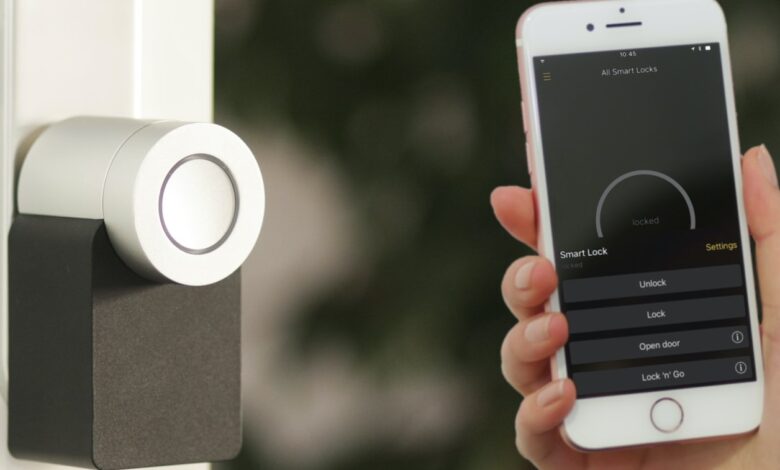
Smart homes have the power to transform the way everyone interacts with their homes. Smart plugs, smart lighting and smart climate control lead the way as easy-to-use features that are compatible with most homes, and could make your life easier.
But with the positives that come with cool features, there are some negatives as well. Now, there’s no reason to worry about your smart home overpowering you with sentient artificial intelligence, yet. But, there are some things to consider, positive and negative, before you convert your home to a smart home.
Pros
Energy efficiency
With smart climate-control systems, you can change your home’s temperature with the help of an app, whether you’re in bed or on the go. This allows you to keep your home cooler while you’re away, and some of the new systems allow the smart climate-control systems to introduce even more efficiency with smart technologies. These systems can change your home temperature based on the weather forecast and other sensory technology.
Other smart technologies like smart bulbs can help increase your home’s efficiency as well. You can control lighting from an app and even dim lights and change their colour temperature to enhance certain activities.
Convenience for the elderly, young, or those with limited mobility
For most people, the reason to make their home a smart home is convenience. Smart homes can help take care of some of the more monotonous task in life.
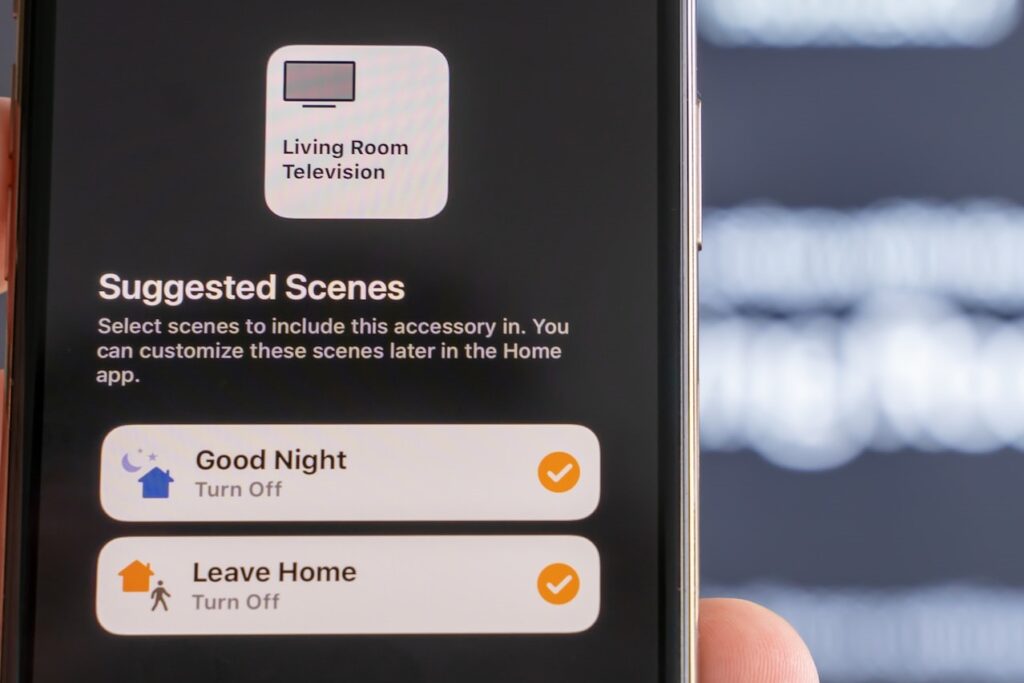
But for some people, smart homes offer an opportunity to stay in their home, or more easily complete tasks that may otherwise be challenging. For example, for those with limited mobility, smart homes allow them to control their homes with the touch of an app or with voice control.
For kids, smart home features can provide a source of entertainment, or help restrict their screen time. They can also help you keep your family safer, with front-door cameras and the option to unlock the door when the babysitter comes by.
Ease of access
In general, smart home features make your household devices more accessible. You can control them with your voice while you’re home, or with your phone while at home or out-and-about. This can make your life much easier and save you plenty of time in the long run.
The benefits of this central control go beyond simply turning lights on and off from your phone. With the newest smart home technologies, you can schedule a cup of coffee each morning, check your fridge contents while you’re at the shop and adjust the temperatures in specific rooms – bring on the easy life!
Customisation
Your home should feel like it’s yours, and smart home features help make your house a home. With increased control of your devices, you can do much more with each of them.

Something as simple as changing the warmth or colour of your lights to help you wind down before bed or to help enhance your movies can better align your home with your personal preferences. Programming certain things to happen at certain times helps as well. For example, you could schedule your blinds to go down at night and up in the morning. You could also let the automated systems learn your habits and adjust accordingly. These examples are really what smart homes are meant for.
One of the newer, yet less technical trends populating homes lately are smart lighting panels. These can add a pop of colour to your bedroom, display images with the help of an app, and even react to the music playing from your speakers.
Minimise risks
Some smart home technologies aim to prevent damage to your home and health. These offer enhanced peace of mind for you, your loved ones, and your wallet.
Water pressure sensors and leak sensors can save you a big headache when it comes to water leaks and frozen pipes. They can send you a notification that something is wrong and adjust water pressure accordingly. It’s easy to see a future in which they could call the highest-rated plumber in your area and you could let them in while you’re away.
Monetary incentives
With increased energy efficiency and home safety features, smart homes end up being a win-win for a number of entities.
Government bodies like to promote green initiatives and sustainability. There are probably programmes or incentives from your local and national governments to help fund your smart home conversion. Many countries and counties are trying to limit their usage of water, electricity, and gas.
Insurance companies are also interested in smart homes, and will likely offer lower insurance premiums for specific features. They are most interested in enhanced security features like cameras and smart locks. They are also interested in damage-mitigation technologies like water leakage sensors.
Increased home value
With the pull to make life easier and save time and money, smart homes are becoming more and more valuable. Homes with integrated smart features can attract a pretty penny.
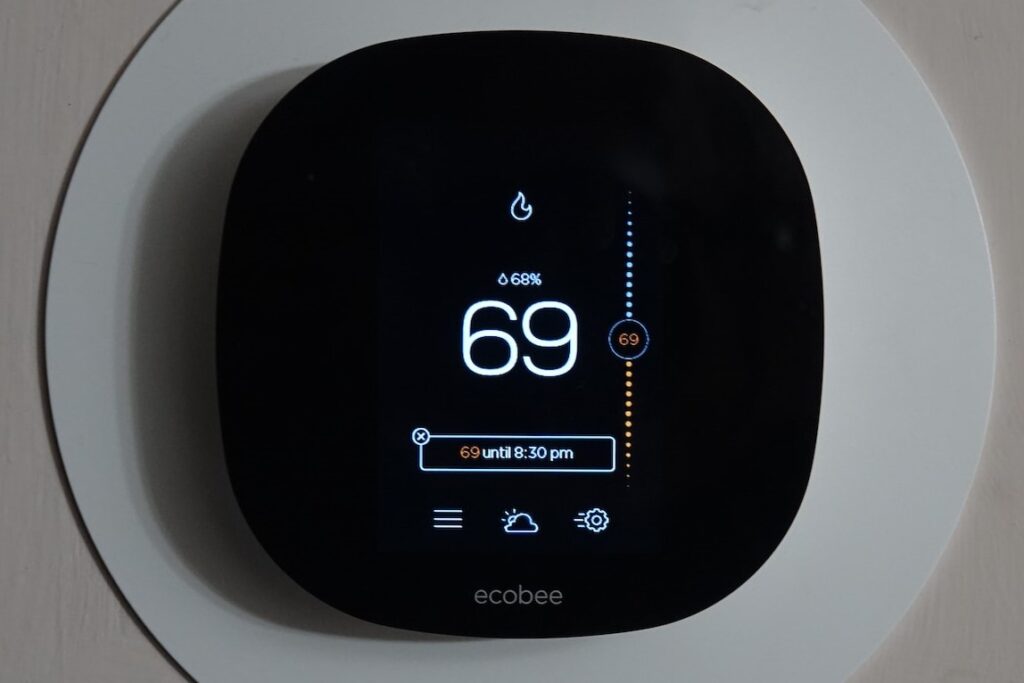
The main features that can increase a home’s value are energy savers like smart thermostats, home safety features like smart leak sensors and smart smoke sensors and other valuable technologies like premium smart appliances.
New features
One of the biggest benefits of smart homes is the range of gadgets and appliances you can get, and what they can – and will be able to – accomplish. Smart gadgets have the power to utilise wifi to communicate with apps or each other. Some can also automate tasks and use AI integration to make changes to automation schedules.
Some of the newer technologies include robot vacuums that can identify your pet’s waste, smart doorbells that can identify your friends and family, smart fridges that can tell you when your food expires, and smart ovens that can adjust cooking temperature if your food is overcooking, to name a few. It’s easy to see how these products could make your life easier.
The benefits of automation and AI-driven automation are also exciting and helpful. Walking around your home without touching any of the lights is pretty cool. Sprinkler systems that can adjust to the weather forecast to avoid overwatering are useful as well. The limits of machine learning have not been reached yet, and the practical applications are slowly being integrated.
Security
The ability to have cameras and motion sensors inside and outside of your home, as well as connecting to and receiving security alerts through an app on your phone can bring a hefty amount of peace to your worries, especially if you have kids or pets. One of the best luxuries is the ability to check up on your kids or make sure your door is locked after you leave. These features undeniably make your house more secure.
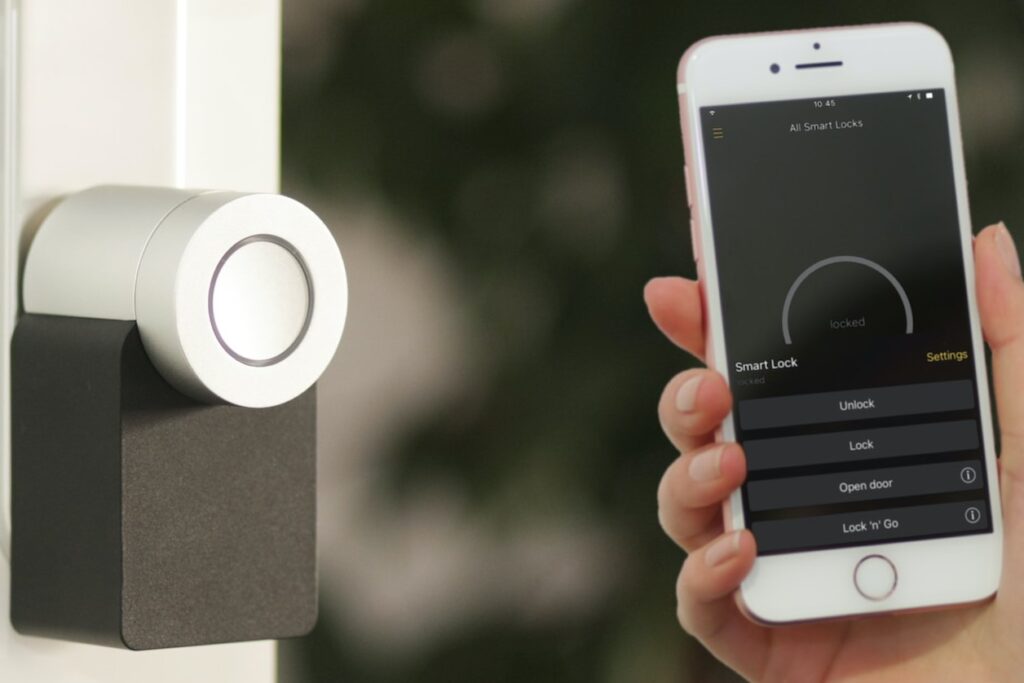
But the fact that smart homes are, by nature, connected to the internet and interconnected means that they could be hacked or monitored.
Cons
Security and privacy concerns
So, you want to furnish your home with the latest smart tech, and you want it to collect all the information possible so it can adjust itself to your habits and preferences?
Well, with all that information, there will be people looking to capitalise. The first concern would be if someone hacked into your main interface to control your key security systems like your doors, windows and alarm. If someone was able to control these systems, they could easily break in to your home.
On the other hand, privacy concerns in regards to big corporate entities and governments have been a hot-button issue since Edward Snowden blew the whistle on widespread monitoring programs. Basically everyone is vulnerable to these concerns due to the fact that smartphones exist. But, the level of tracking and amount of cameras and sensors in smart homes takes these concerns to another level. If you don’t want to be tracked, many smart home features won’t interest you.
Costs
While cost savings and energy efficiency are at the heart of smart home systems, the costs associated with installing these systems can be quite pricey. So, while they might save you money in the long run, the initial cost can be daunting.
One way to minimise the cost of installation is to focus on smart home technologies one step at a time. For example, you could begin with a smart camera system or a smart thermostat, and then work your way towards smart lighting, smart appliances and smart locks.
Another way to help minimise costs is to do the installation and configuration yourself. While some smart devices are easy to set up, some are quite complicated and may not work easily.
Internet issues
Because all of your smart devices, and your smart hub, need to be connected to the internet to do the ‘smart’ things that they do, wifi accessibility and strength throughout your home is essential. It’s definitely worth investing in a top-of-the-line wifi system. Another option is to buy a mesh router system to ensure that all of your devices have a strong connection.

But with heavy reliance on wifi, if any connection issues arise, it could cause some of your devices to lose their abilities. If everything in your home is smart, a power failure or network issue could leave you in a pickle.
However, many smart devices have backup control options. So, if there is an extended wifi outage, you can still complete tasks.
Compatibility issues
There are now a handful of brands in the smart device game. They all seem to want you to get their entire range of smart devices, or the ones that are compatible with their hubs. But this can get tricky if you prefer a specific product, even if it’s not compatible with your smart hub. For example, you might like some of the features of a certain TV, but if it’s not compatible with your Amazon hub, its smart features are rendered useless.
Now, there is a movement in the industry to alleviate this divide. Matter is shaping up to be the industry standard that allows all of the big players to play nicely. The goal is to allow your assistant or hub of choice to control any Matter-compatible device – and to eliminate hubs as a whole.
Matter is supposed to make smart devices easier to use and purchase. As long as you see ‘Matter’ on the product or in the description, it will be compatible with your system. But so far, Matter hasn’t covered all of the bases. Individual manufacturers can still set their own boundaries on how much you can control with their competitor’s assistant. This means you might not be able to tell Alexa to change very specific settings for your Apple product. Also, Matter doesn’t cover every type of product yet, as of October 2023, video cameras have not been integrated into Matter.
Complicated interfaces
Matter alleviates some of the complications surrounding device compatibility. But for less tech-savvy consumers, it could still be daunting and confusing to set up and manage your smart devices. Many people seek smart technology to help them automate the more mundane tasks in their life, like turning lights on and off, but some may find it challenging to make everything work in the way that they envision.
Furthermore, smart devices update their software regularly, which can sometimes cause your devices to get a bit buggy. Smart home systems are supposed to make life easier rather than harder; and this could frustrate some people.
With all of the options available and all of the benefits and drawbacks, it can be hard to decide whether a smart home is for you or not. However, the development of smart homes into the new norm will leave many behind if they don’t take the plunge. Smart homes seem to be a linear advance in the tech and housing industries, similar to the boom of AI and electric vehicles.
To see your company in any upcoming features we are arranging, please email editorial@hurstmediacompany.co.uk


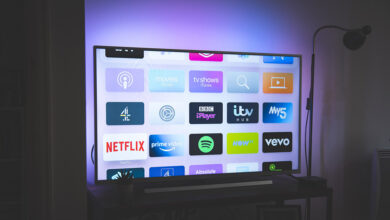
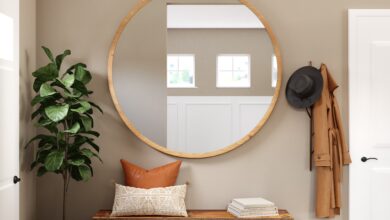

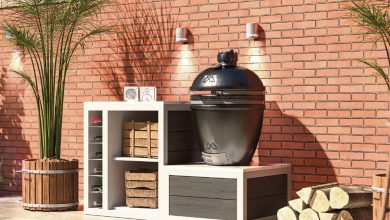

I just could not depart your web site prior to suggesting that I really loved the usual info an individual supply in your visitors Is gonna be back regularly to check up on new posts